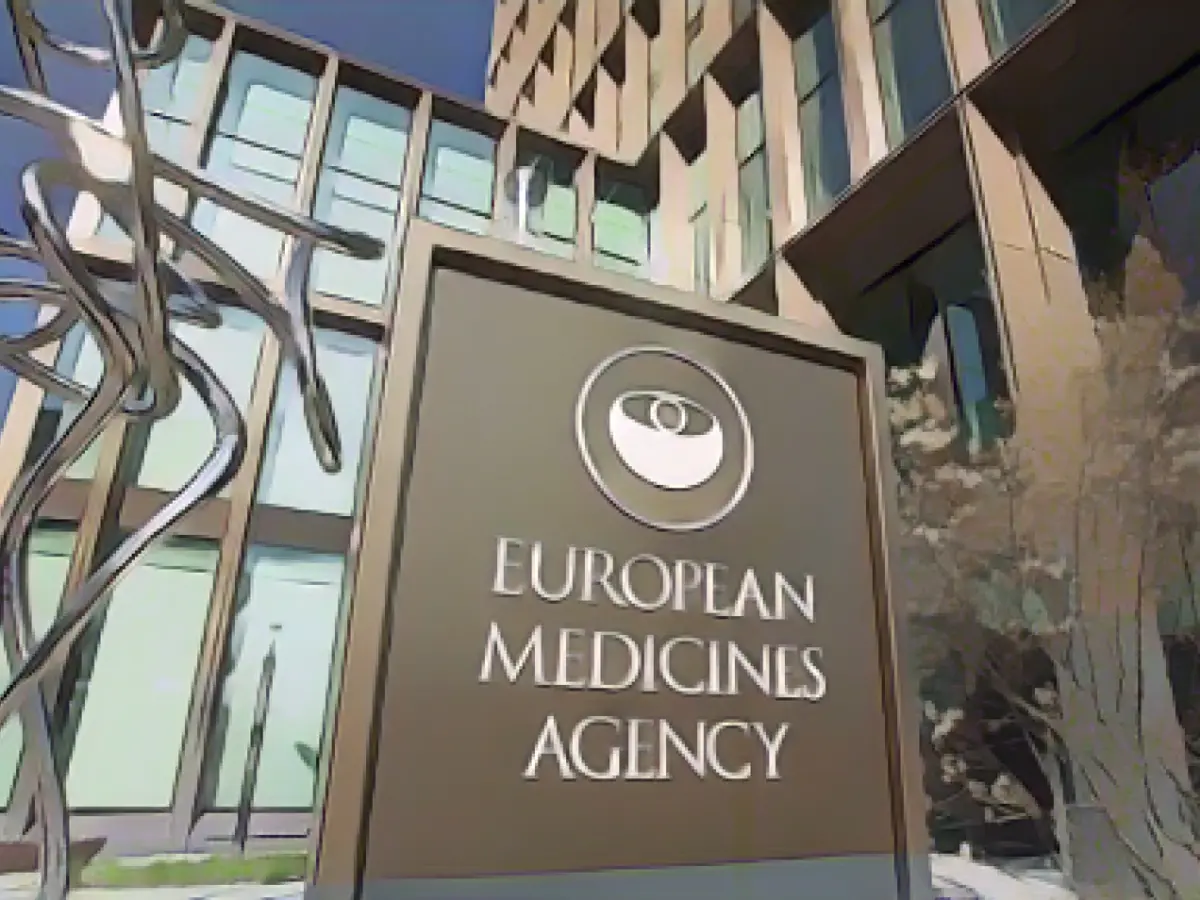Medicine - Ema recommends approval of gene scissor therapy for the first time
For the first time, the European Medicines Agency Ema is recommending the conditional approval of a therapy based on the gene scissor technology Crispr. "Casgevy" is suitable for the treatment of sickle cell disease and beta-thalassemia in patients aged twelve and over, Ema announced in Amsterdam.
These hereditary blood disorders are caused by genetic defects that impair the formation or function of haemoglobin. Haemoglobin is an iron-containing protein complex that is found in red blood cells and is used to transport oxygen.
The conditional approval is intended to make the drug quickly available to patients due to its high benefit. The Ema's recommendation for "Casgevy" is based on two studies and a long-term follow-up study. The manufacturer must provide the results of further studies by 2026 in order to prove the efficacy and safety of the drug. The EU Commission must now approve an EU-wide marketing authorization. The UK already approved "Casgevy" in mid-November of this year.
The so-called Crispr/Cas gene scissors can be used to target individual genes. The developers of the method, Emmanuelle Charpentier and Jennifer A. Doudna, were awarded the Nobel Prize for it in 2020. "Casgevy" is used to modify genes in patients' bone marrow stem cells so that they produce functioning haemoglobin again. To do this, stem cells are removed from the bone marrow, processed in the laboratory and then reintroduced into the patient.
Sickle cell disease can lead to severe attacks of pain, serious and life-threatening infections and anemia, also known as anemia, a lack of oxygen in the blood. Patients with beta-thalassemia also suffer from anemia and often require blood transfusions every three to five weeks. Until now, a bone marrow transplant was considered the only permanent treatment option.
Read also:
- This will change in December
- German activists speak out in Dubai on suffering in Israel and the Gaza Strip
- Despite UN vote: fighting between Israel and Hamas in the Gaza Strip continues
- Nuclear fusion - hype or solution to energy problems?
- The recommendation by Ema could potentially revolutionize the treatment of blood disorders across Europe.
- This breakthrough therapy has already received approval from the pharmaceutical authority in Great Britain.
- Biotechnology education and research are essential to advance this groundbreaking technology further.
- The therapy uses Crispr to modify genes in patients' bone marrow stem cells, potentially alleviating symptoms of sickle cell disease and beta-thalassemia.
- In Amsterdam, advocates for patient access to innovative medications, like "Casgevy," are pushing for the EU to expedite its approval process.
- The EU's medicines regulatory body, Ema, is in the process of evaluating the safety and efficacy of the therapy through ongoing studies by the manufacturer.
- The scissor technology used in "Casgevy" therapy has significant implications for the pharmaceutical industry, as well as for the field of personalized medicine.
- In light of this advancement, European policymakers should consider investing in educating and training the workforce to meet the demands of the growing biotechnology sector and to ensure equitable access to these life-saving treatments.
Source: www.stern.de







